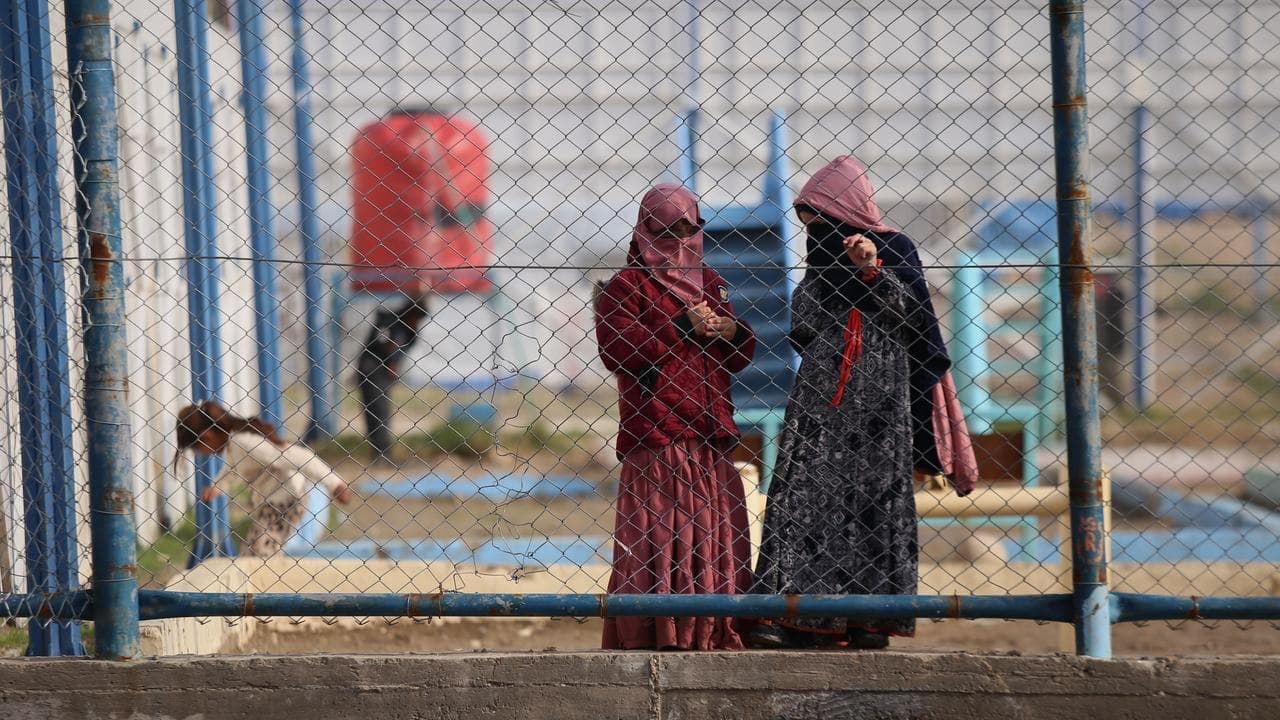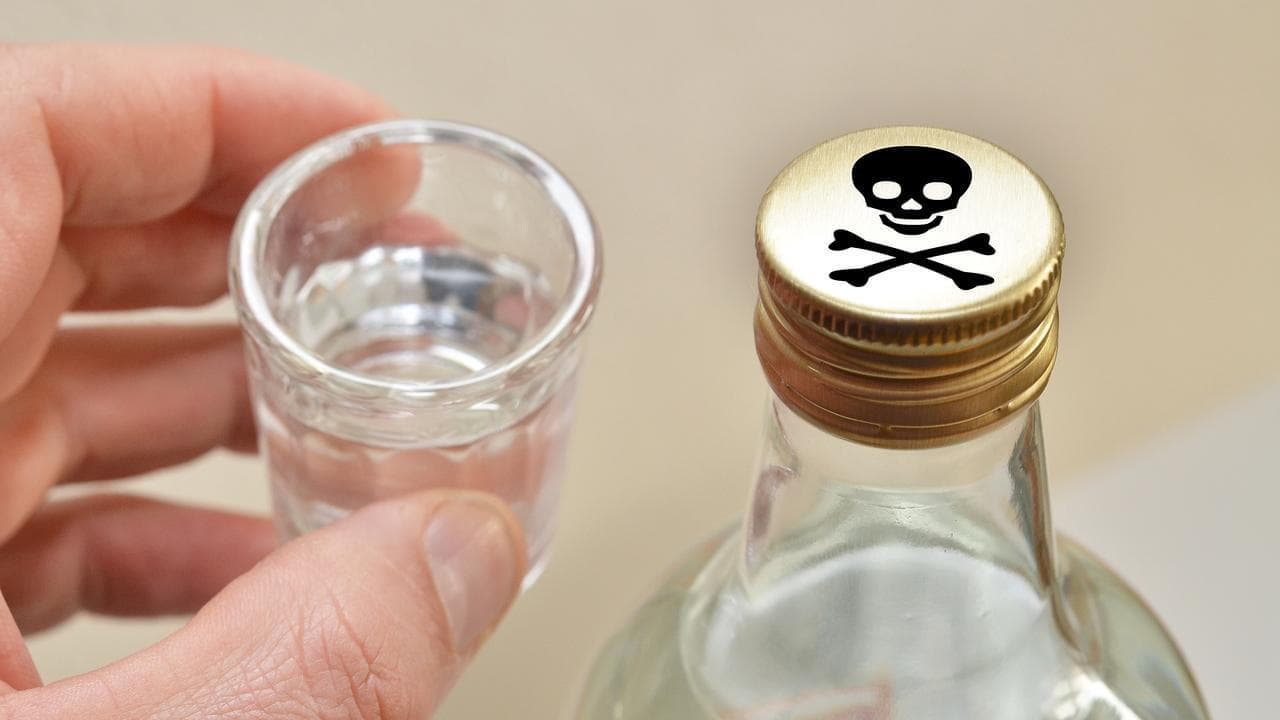The Statement
A social media post asserts that COVID-19 vaccines are "gene therapy", presenting as evidence their apparent need to be approved by Australia's gene technology authority.
The Instagram post, shared by an Australian user on April 19, includes the caption: "Please read this and circulate it to ANYONE who doesn't believe that these experimental biological injections are gene therapy."
"These injections needed to be approved as gene technology!!!" the caption adds.
The post features a screenshot of text relating to the Office of the Gene Technology Regulator (OGTR) and its responsibilities. The text states the authority "will be required to approve and license any COVID-19 vaccines being administered in Australia that use GMOs (genetically modified organisms)".
The Instagram post, which had been viewed more than 10,000 times at the time of writing, is among several examples of users in Australia suggesting COVID-19 vaccines are "gene therapy" (see here and here).

The Analysis
The COVID-19 vaccines approved for use in Australia do not constitute "gene therapy" as they do not alter humans' genetic code, experts say. The false claim echoes misinformation, previously debunked by AAP FactCheck, that mRNA vaccines can change people's DNA.
In addition, the involvement of the Office of the Gene Technology Regulator in approving some vaccines does not show the treatments involve gene therapy. Rather, its role is to assess the potential wider impact of genetically modified organisms incorporated into any of the immunisations.
The Therapeutic Goods Administration (TGA), which regulates medicines, vaccines and medical devices in Australia, has provisionally approved two COVID-19 vaccines for use: AstraZeneca's adenovirus vaccine and Pfizer's mRNA vaccine.
However, neither of these vaccines could be considered a form of gene therapy, according to Professor Michael Wallach, an infectious diseases and vaccines expert from the University of Technology Sydney.
The federal government's HealthDirect website defines gene therapy as the process of "replacing a person's faulty genes or introducing new genes in order to treat diseases".
Prof Wallach told AAP FactCheck the COVID-19 vaccines "do not modify the genome … they do not get incorporated into the genome in any way."
"(These vaccines) are intended solely for the purpose of eliciting an immune response against the virus, and once the immune response is elicited, it disappears from our body," he said in a phone interview.
The Pfizer vaccine uses an mRNA strand to train the body's cells to produce a spike protein contained in SARS-CoV-2 - the virus that causes COVID-19. The body's immune system then recognises the protein as a foreign body and produces antibodies in response, which helps protect the body from future infection.
In response to previous false claims that mRNA vaccines could alter recipients' DNA or genomes, experts told AAP FactCheck this was a "biologicial impossiblity". mRNA from vaccines never enters the nucleus of a cell, where DNA is kept, the CDC says. DNA sequences make up a person's genes, the unique combination of which forms their genotype.
In contrast, the AstraZeneca vaccine involves the use of a weakened chimpanzee cold virus, or adenovirus, modified to contain a genetic sequence from a SARS-CoV-2 spike protein. This induces an immune response against the virus in recipients.
Oxford University's Vaccine Knowledge Project says there is also no possibility of viral DNA from the AstraZeneca vaccine integrating with DNA due to cells' natural protection measures, as well as the short-lived nature of the viral DNA and spike protein material from the vaccine.
The text relating to the OGTR included in the screenshot can be found in an Australian government COVID-19 vaccine policy document. Both the document and the screenshot include the caveat that its oversight extends to any vaccines that incorporate GMOs, including "all adenovirus vaccines and some of the mRNA vaccines". Only the AstraZeneca and Janssen vaccines (search: "COVID") are covered under this remit.
The AstraZeneca vaccine is considered a GMO because its adenovirus genes have been modified to stop it from replicating, and the spike protein sequence has been added.
Associate professor Karinne Ludlow, a biotechnology and genetic technologies researcher from Monash University, told AAP FactCheck the OGTR's job is primarily to assess environmental risks from vaccines or other products that involve GMOs.
"In theory, there could be a risk a vial could drop, and it could get into the ground - (the regulator looks at) those sorts of risks for vaccines," Dr Ludlow said in a phone interview.
Dr Ludlow added that the AstraZeneca vaccine is regulated as a GMO, however it wasn't considered gene therapy.
In its assessment of the AstraZeneca vaccine, the OGTR found there were "negligible" risks attached to the treatment. Its analysis focused on any dangers to the environment and people other than the intended vaccine recipient, the report's summary said (page II).
A spokeswoman for the Department of Health also told AAP FactCheck that COVID-19 vaccines do not alter an individual's DNA or genetics.
She said the OGTR's role "does not include patient safety, efficacy or quality of the vaccine which are the aspects assessed by the TGA as part of the registration of the vaccines".

The Verdict
The Pfizer and AstraZeneca COVID-19 vaccines are not "gene therapy" as they do not change a person's DNA or get incorporated into the genome, experts told AAP FactCheck.
While the post suggests the involvement of the Office of the Gene Technology Regulator in approving some vaccines means they are "gene technology", the regulator's primary role is to assess the potential impact on non-recipients of GMOs in some vaccines. It does not monitor patient safety, vaccine efficacy or quality - all of which are the responsibility of the Therapeutic Goods Administration.
False - Content that has no basis in fact.
AAP FactCheck is an accredited member of the International Fact-Checking Network. To keep up with our latest fact checks, follow us on Facebook and Twitter.












